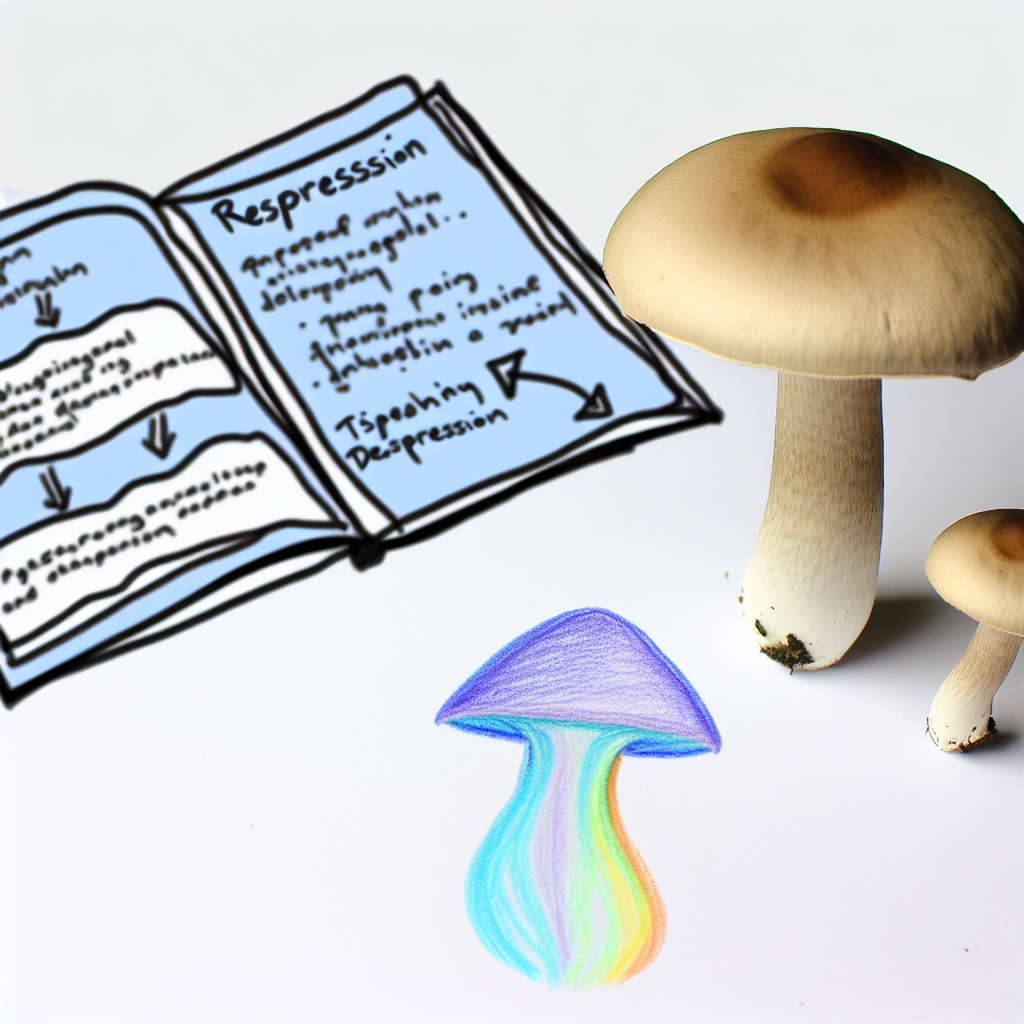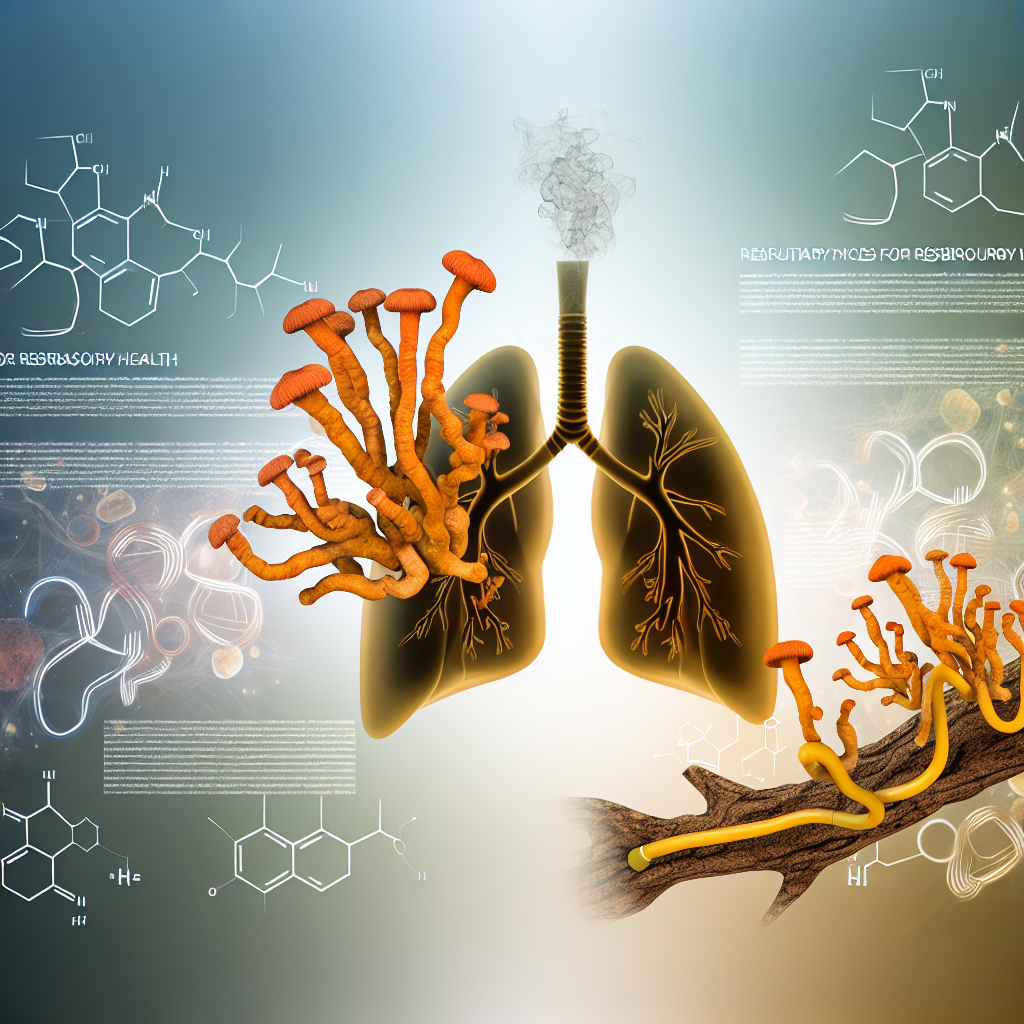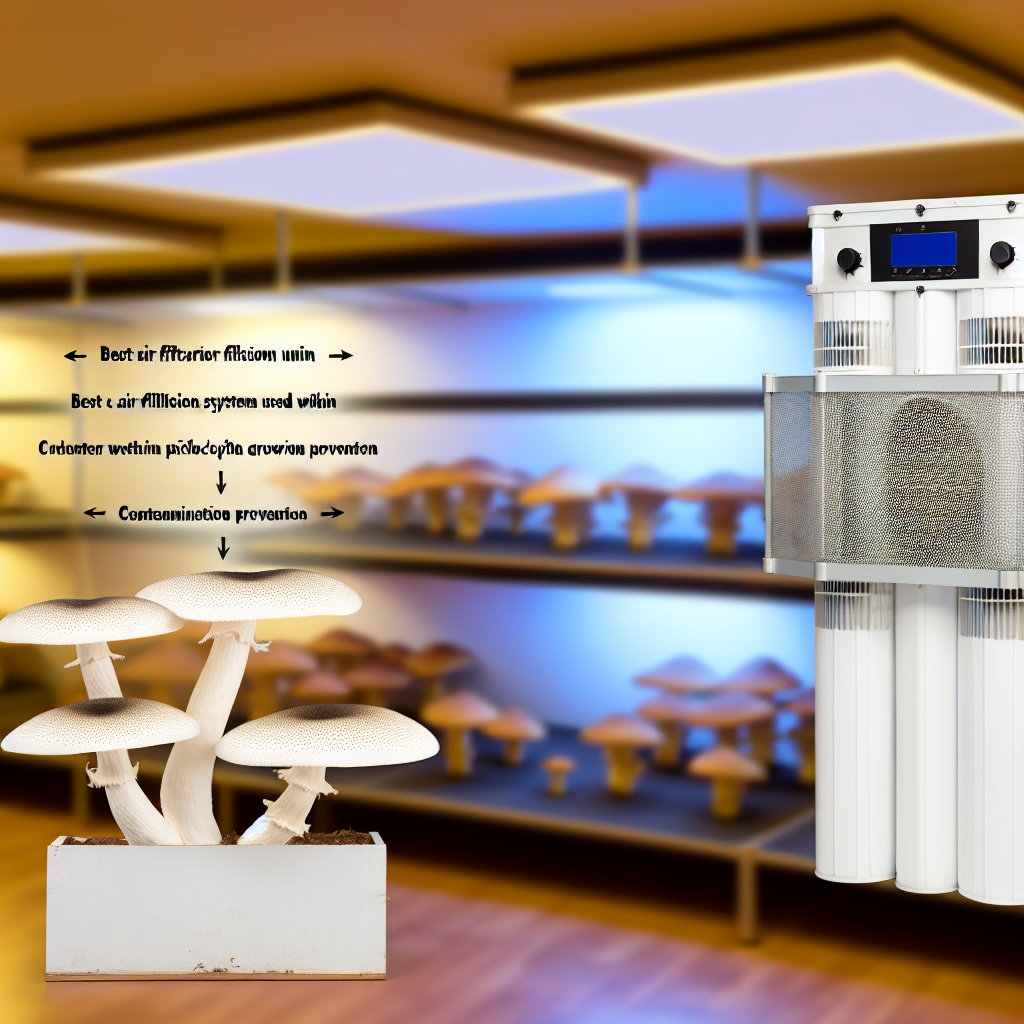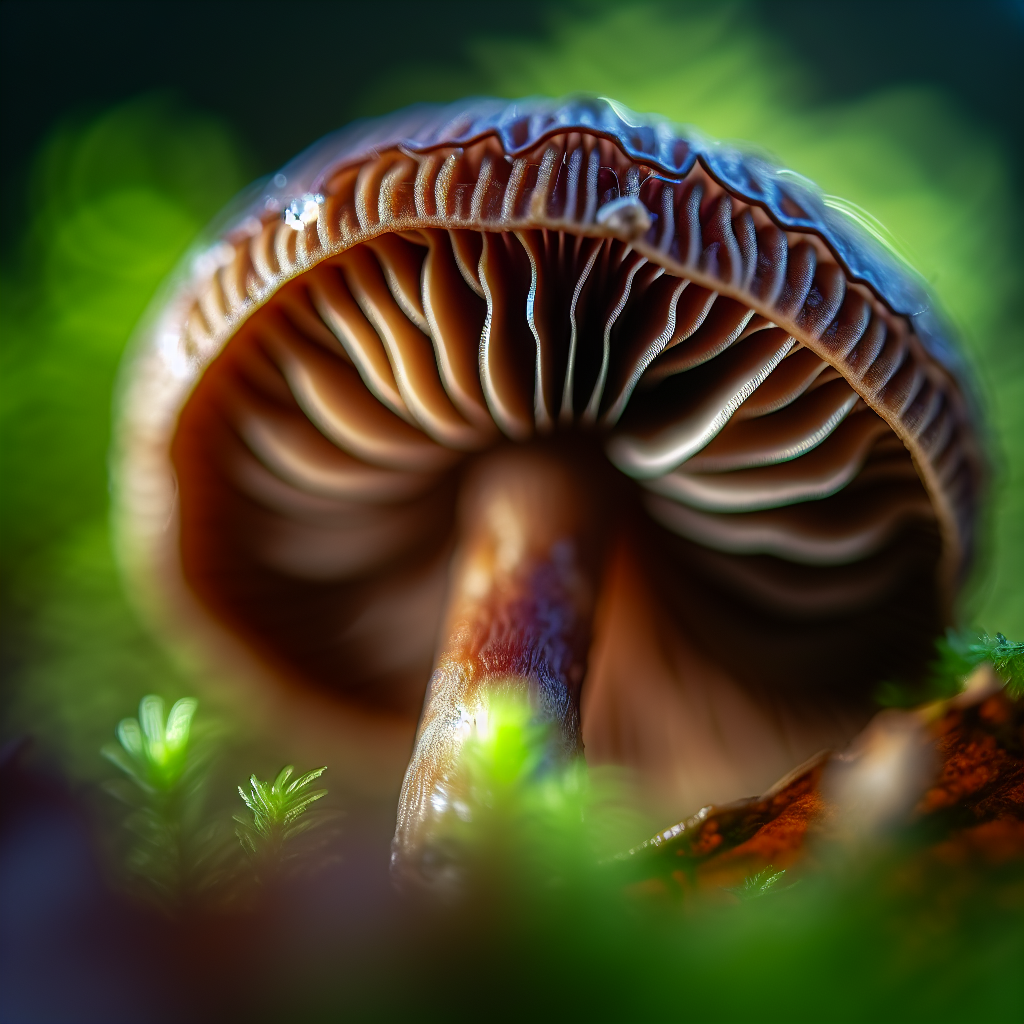Psilocybin and Depression: Latest FDA-Approved Research Findings
Introduction
Depression is a leading cause of disability globally, affecting over 280 million people, according to the World Health Organization. While traditional antidepressants such as SSRIs and SNRIs remain standard treatments, a significant number of patients suffer from treatment-resistant depression (TRD), making alternative treatments a growing area of interest.
One of the most promising alternatives is psilocybin-assisted therapy. Found naturally in certain mushrooms, psilocybin’s potential therapeutic application is receiving renewed attention. After decades of legal suppression, the past 20 years have seen a renaissance in psychedelic research that focuses on regulated, clinical usage of these substances.
In 2018, the U.S. Food and Drug Administration (FDA) designated psilocybin as a “Breakthrough Therapy” for TRD, expediting its clinical evaluation. Since then, studies have demonstrated that even a single professionally guided session with psilocybin can lead to rapid and sustained reductions in symptoms of depression.
This shift is redefining mental health care. Modern research now includes neuroimaging, long-term outcome tracking, and expanded access programs—all indicating psilocybin’s potential for integration into mainstream psychiatry. Several high-profile FDA-approved studies in 2023 and 2024 have pushed the treatment closer toward regulatory approval, offering new hope for those who have had limited success with conventional therapy.
Medical and Clinical Evidence
Multiple FDA-supported studies underline psilocybin’s efficacy in treating depression, with some showing results rivaling or exceeding traditional antidepressants.
One landmark study is the Phase II clinical trial by COMPASS Pathways, published in the New England Journal of Medicine in 2021. This randomized, double-blind trial evaluated a 25 mg dose of synthetic psilocybin (COMP360) in 233 individuals with treatment-resistant depression. Patients receiving the highest dose saw a significant drop in depressive symptoms, with some improvements noted within 24 hours of administration.
Adding to these findings, a 2023 study from Johns Hopkins University involved 27 participants with major depressive disorder. In this FDA-approved trial, patients underwent two supervised psilocybin sessions. Over 70% of them experienced a clinically significant reduction in depressive symptoms, while more than half achieved remission for at least four weeks after treatment.
These results also highlighted the importance of set and setting—the psychological mindset and physical environment of the patient during the session—underscoring the need for professional oversight to ensure safety and maximize therapeutic benefit.
The FDA’s Breakthrough Therapy designation has been granted to both COMPASS Pathways and the Usona Institute, enabling faster regulatory processing. Notably, COMPASS has progressed to Phase III trials in 2024, the final clinical hurdle before full FDA approval.
In a significant step forward, the FDA has initiated an Expanded Access Program (EAP) that allows approved clinics to offer psilocybin therapy to individuals not eligible for clinical trials but suffering from life-threatening or severe psychiatric conditions. These real-world applications help gather safety data and provide immediate relief to high-need individuals.
From a neuroscience standpoint, studies using functional MRI (fMRI) have shown that psilocybin alters brain connectivity. In particular, it disrupts the default mode network (DMN), which is typically overactive in depressive states. Recalibrating these neural circuits may “reset” abnormal cognitive and emotional patterns, allowing patients to overcome entrenched depressive habits.
This growing body of evidence demonstrates that psilocybin therapy is not only well-tolerated under clinical oversight but may also be uniquely effective for people who haven’t found relief with conventional treatment. Continued advancements in research funding and regulatory backing suggest we are nearing a paradigm shift in psychiatric care.
Conclusion
Psilocybin-assisted therapy, backed by a robust and growing body of FDA-approved research, is showing transformative potential in the treatment of depression, particularly for those with limited options. With accelerations in clinical trials, regulatory recognition, and international scientific interest, psilocybin is poised to become a valuable tool in mental healthcare. As we advance into the final stages of research and regulatory approval, psilocybin may soon become an accessible, science-based alternative for those suffering from the burdens of untreated or inadequately treated depression.
Concise Summary
Recent FDA-approved research on psilocybin shows it may offer rapid and lasting relief for patients with treatment-resistant depression. Studies from COMPASS Pathways and Johns Hopkins reveal significant symptom reduction, sometimes after one or two doses, especially when combined with professional psychological support. With both Breakthrough Therapy designations and Phase III trials underway, psilocybin-assisted therapy is emerging as a viable, safe, and potentially transformative psychiatric treatment. Brain imaging also suggests it resets dysfunctional neural patterns. As regulatory pathways expand, psilocybin could soon be integrated into mainstream mental health care for those in critical need.
References
1. [COMPASS Pathways. (2021). Single-dose psilocybin treatment for major depressive disorder – New England Journal of Medicine](https://www.nejm.org/doi/full/10.1056/NEJMoa2032994)
2. [Johns Hopkins Medicine. (2023). Psilocybin produces substantial reduction in depression symptoms – Journal of Psychopharmacology](https://journals.sagepub.com/doi/full/10.1177/02698811211073759)
3. [FDA Press Release. (2018). FDA grants Breakthrough Therapy designation to psilocybin](https://www.fda.gov/news-events/press-announcements)
4. [COMPASS Pathways. (2024). COMP342 Phase 3 program for treatment-resistant depression](https://www.compasspathways.com/clinical-trials/)
5. [Usona Institute. (2022). Usona receives Breakthrough Therapy designation](https://www.usonainstitute.org/news/psilocybin-granted-breakthrough-therapy-designation/)
6. [Carhart-Harris, R.L., et al. (2017). Psilocybin for treatment-resistant depression: fMRI-measured brain network changes – Scientific Reports](https://www.nature.com/articles/s41598-017-13282-7)

Dominic E. is a passionate filmmaker navigating the exciting intersection of art and science. By day, he delves into the complexities of the human body as a full-time medical writer, meticulously translating intricate medical concepts into accessible and engaging narratives. By night, he explores the boundless realm of cinematic storytelling, crafting narratives that evoke emotion and challenge perspectives. Film Student and Full-time Medical Writer for ContentVendor.com




